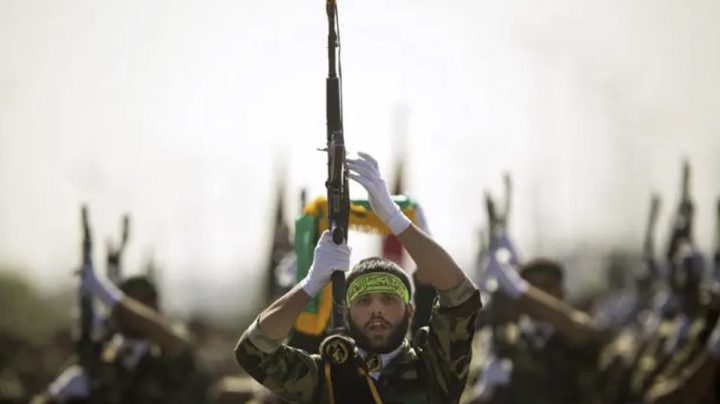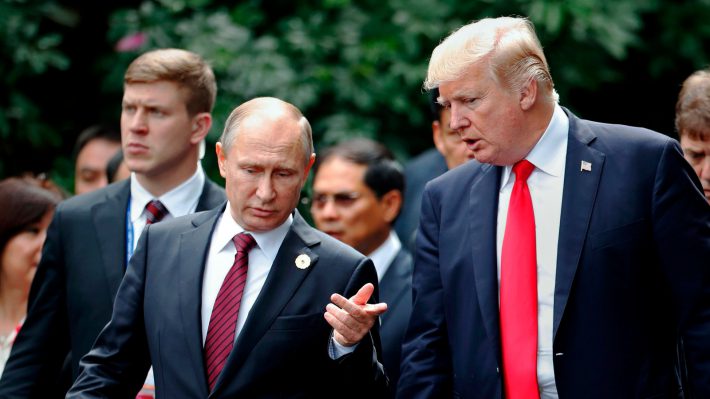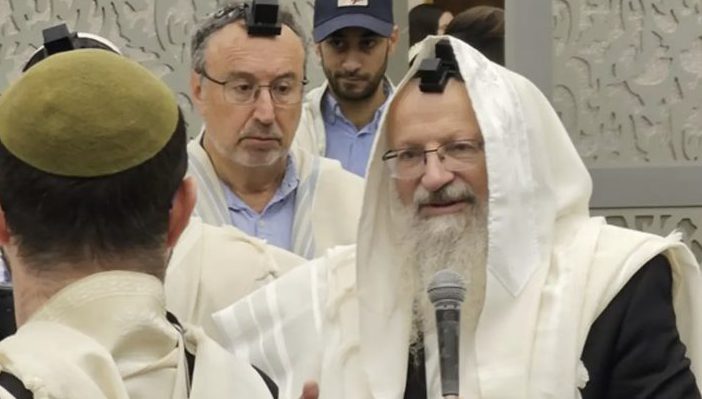Iraqi militia groups aligned with Iran are weighing disarmament to avoid US military action, amid rising tensions and pressure from both Washington and Baghdad.
In an unprecedented development, multiple Iran-aligned militias operating in Iraq are reportedly ready to lay down their arms in an attempt to prevent further confrontation with the United States, Reuters reported, citing senior militia commanders and Iraqi officials.
The sources who spoke to Reuters, including six militia leaders and government officials, indicated that the groups’ willingness to de-escalate stems from repeated, stern warnings issued by Washington since the beginning of Donald Trump’s presidency in January. The US had made it clear to Iraqi authorities that failure to rein in these factions could prompt American airstrikes on their positions.
Discussions between Iraqi Prime Minister Mohammed Shia al-Sudani and militia representatives have reached an advanced stage, according to Izzat al-Shahbndar, a prominent Shiite figure with close ties to the ruling coalition.
“The factions are not acting stubbornly or insisting on continuing in their current form,” Shahbndar told Reuters. “They are fully aware” of the potential for US military retaliation, he added.
Commanders from four significant factions—Kataib Hezbollah, Harakat al-Nujabaa, Kataib Sayyed al-Shuhada, and Ansarullah al-Awfiyaa—spoke on condition of anonymity, citing the sensitivity of the talks. One masked leader from Kataib Hezbollah stated bluntly, “Trump is ready to take the war with us to worse levels, we know that, and we want to avoid such a bad scenario.”
The militias, part of the umbrella group known as the Islamic Resistance in Iraq, command an estimated 50,000 fighters and possess a range of weaponry including long-range missiles and anti-aircraft systems. The group has claimed responsibility for numerous attacks on US and Israeli targets since the start of the Gaza conflict approximately 18 months ago.
Those strikes led the US to warn Iraq in November that Israel is no longer willing to ignore the daily launches towards it from Iraqi territory.
In late December, the Lebanese newspaper Al-Akhbar reported that it had received confirmation from a leader of one of the Iraqi militias that the militias have agreed to stop their offensive against Israel.
Iran’s Islamic Revolutionary Guard Corps (IRGC), which supports the militias financially and logistically, has reportedly given commanders discretion to take necessary measures to prevent escalation. This signals a notable tactical shift within Iran’s regional posture, according to Reuters.
Last month, it was reported that Esmail Qaani, commander of Iran’s Quds Force, has instructed leaders of Iran-backed armed groups in Iraq to refrain from responding to threats from the United States and Israel.
According to the report, Qaani conveyed his directive during a recent visit to Baghdad, urging restraint among Tehran’s regional allies.
The US State Department reiterated its position to Reuters, insisting that armed groups in Iraq must fall under the authority of the country’s official leadership. “These forces must respond to Iraq’s commander-in-chief and not to Iran,” the department stated.





